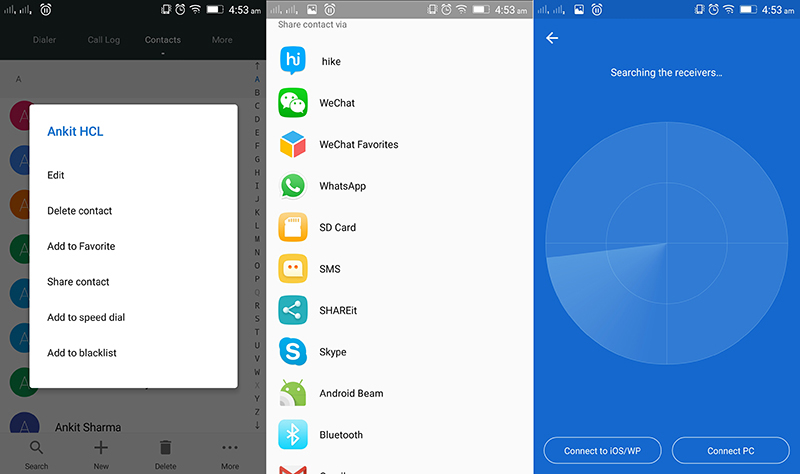

This project has been funded with support from the European Commission. > Gallery, alle Fotos © Johannes Gellner, Graz/Austria Trainers / Instructors/ Managers for the development and implementation of offers on basic education/ Project managers and quality managers / decision makers. > and to generally point out the relevance of exchange and further education on an European level. > to present the project results of ShareIT,

> to discuss the benefit of workplace oriented methods of further educationden of trainers in the field of adult education in general and of trainers in the field of literacy and basic education in particular, The European ShareIT conference that took place on November the 16th 2015 at the Wissensturm in Linz was held as an exchange platform for practitioners and experts in the field of adult education and basic education. Inspire – Verein für Bildung und Management, Graz, AT (co-ord. Swiss Federation for Adult Learning (SVEB), Zürich, CH Glasgow Clyde College, Glasgow, UK (Applicant Organisation) We will support networking and informal exchange of professionals with appropriate measures – a training, an online Platform, tools for and a handbook on efficient professional exchange – and systematically link up basic skills trainers on a transnational level. ShareIT`s goal is to meet these demands by collecting, testing, evaluating, and transferring effective on-the-job methods for informal and co-operative professionalization. The lack of specific process know-how and tools, as well as a lack of adequate resources often prevent basic skills providers from implementing such methods or tools.Īlthough digital literacy is obviously developing to be THE basic skill in the years to come and Social Media and Web 2.0 tools are readily available to facilitate cost- and time-effective professional exchange, trainers do not use or are not trained to use these tools. Experiences gained by education providers show that methods of informal professionalization such as mutual counselling and peer learning, giving feedback, job-shadowing, and collaboration of pedagogical personnel and trainers prove to be highly efficient if applied. Surveys amongst qualified trainers and evaluations show that there is additional need and demand for the development of structures facilitating the implementation of methods for informal professionalization of basic skills trainers.

In the United Kingdom, Austria, Germany, Poland, and Switzerland and other European countries academically backed up qualifications, trainings and modules for trainers in literacy and basic skills provision (reading, writing, numeracy, and use of ICT) have been developed and tested over the past years.


 0 kommentar(er)
0 kommentar(er)
